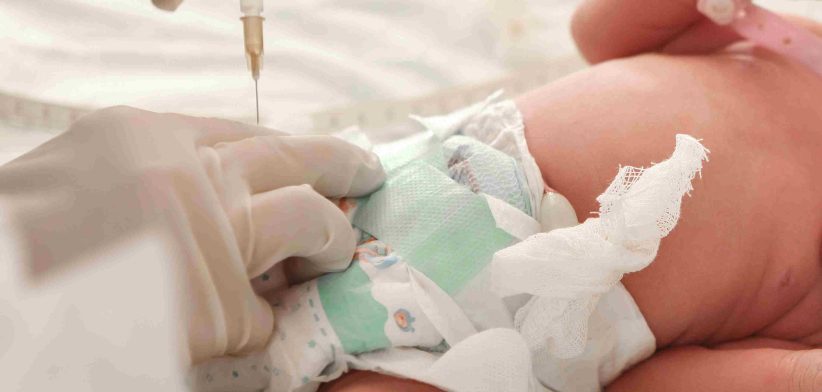Queensland newborns and infants will have access to free RSV immunisation in the lead-up to winter.
The highly contagious Respiratory Syncytial Virus (RSV) attacks the lungs and can spread quickly, particularly between babies.
While RSV can infect people of all ages, newborn babies and young children have tiny airways and what may seem like a cold, can rapidly turn severe, causing a range of respiratory illness including bronchiolitis or pneumonia.
The RSV immunisation program will be available to more than 70,000 newborn babies, eligible infants and young children and follows the rollout of free programs in Western Australia and New South Wales.
This year around 7000 cases of RSV have been recorded in Queensland, which is double the number of cases in 2023 between the same period (January 1 to March 24). More than 2100 of the cases recorded so far this year were children under two years of age.
Last year, nearly 29,000 RSV cases were recorded. Of these, 9703 cases were recorded among children under two years and hospital admissions accounted for more than 5000 occupied paediatric bed days, of which 3525 were for infants under one year of age.
From April, the following infants and young children will be eligible for RSV immunisation:
- All newborn infants: This will be offered as a dose at birth or prior to discharge from hospital. Infants born on or after the program commencement date who are not immunised in hospital, can access this dose up until they are less than 8 months of age.
- Aboriginal and Torres Strait Islander infants less than 8 months of age.
- Infants with certain complex medical conditions less than 8 months of age.
- Infants with certain complex medical conditions from 8 months up to 19 months of age (inclusive), until October 31, 2024.
The program will use the monoclonal antibody product nirsevimab (brand name Beyfortus®), which was approved by the Therapeutic Good Administration (TGA) in November last year for use in infants and young children.
Acting Queensland Chief Health Officer Dr Catherine McDougall said RSV was widespread across Queensland and occurred year-round, with peaks typically occurring during the autumn and winter months.
“In recent weeks, we have seen a steady rise in RSV cases across all age groups, with 659 cases recorded a month ago, and 872 cases in the week beginning March 11,” Dr McDougall said.
“Similar immunisation programs to protect against RSV have been rolled out in Europe and the United States of America, and these have demonstrated a significant reduction in RSV related hospitalisations among infants and high-risk young children.”
More information about RSV is available here.








